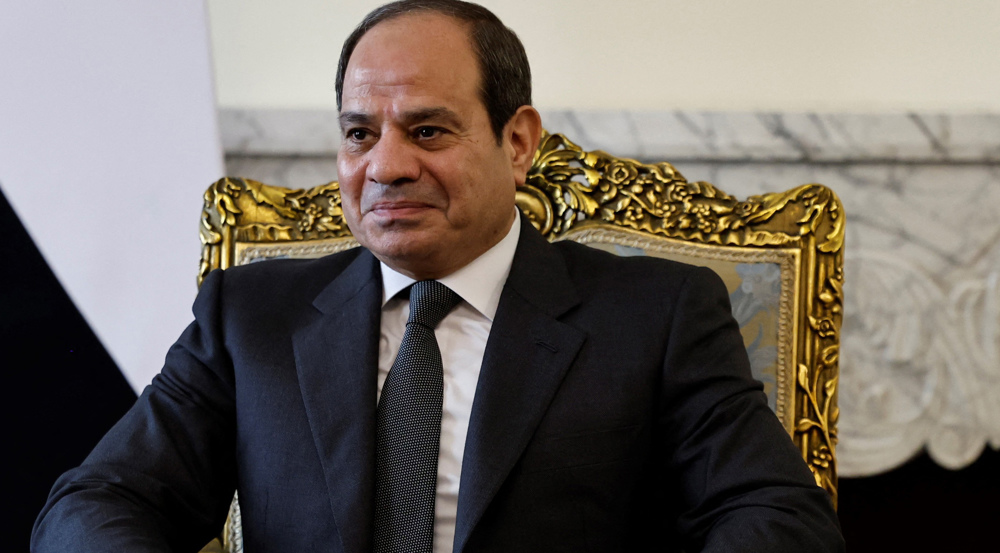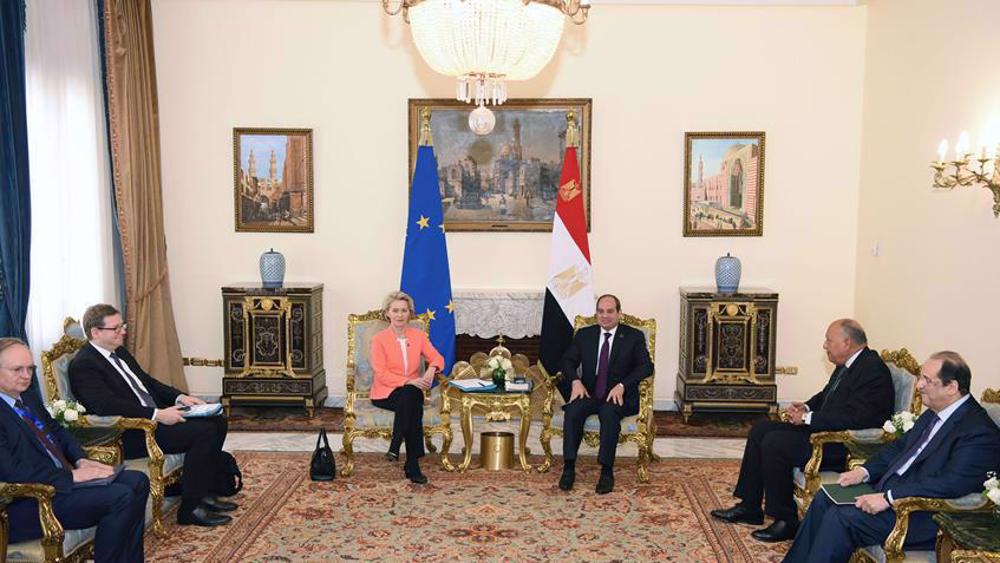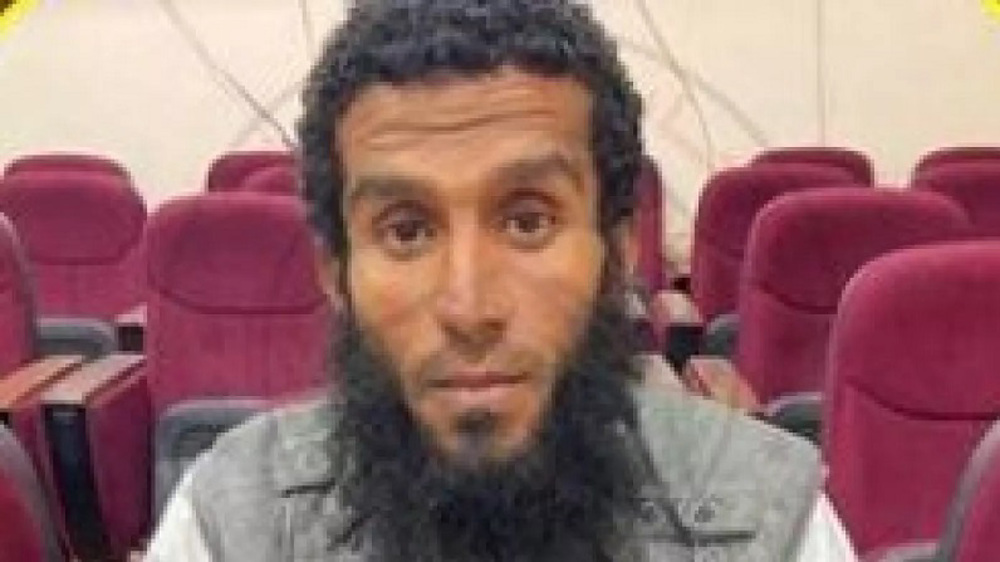Egypt police on high alert amid planned anti-austerity protests
Egypt’s riot police were put on high alert on Friday amid calls for mass protests against recent austerity measures introduced by the administration of President Abdel Fattah el-Sisi.
Scores of policemen and high-ranking officers as well as armored vehicles equipped with tear gas canister launchers were deployed to the empty streets of central Cairo, including Tahrir Square, the cradle of the 2011 uprising that toppled former dictator Hosni Mubarak. Authorities also closed Sadat metro station, which leads to the iconic square.
The tightened security measures come as a little-known group calling itself the Movement of the Poor urged Egyptians to take to the streets on Friday in protest against the deepening austerity.
The calls for protests began in August, but they were intensified on social media in the wake of a government decision last week to raise fuel prices and float the country’s currency in an attempt to secure a $12-billion loan from the International Monetary Fund.
Security forces were also deployed to other areas in the capital and other main cities across the country, such as Alexandria, Suez, and Minya.

"Between you and me, this is good," said Shenouda Ishak, a driver in Cairo’s district of Shubra. "I don't think anything will happen but this security presence scares people and ensures nothing does."
Dozens of people have been arrested recently over allegations of inciting unrest.
The anti-government demonstrations have won little support from major opposition groups, though the banned Muslim Brotherhood movement has supported them.
"The revolutionary bloc is reticent to protest. We now know that any street action leads to blood. There is no result we can achieve with this regime," said Malek Adly, a human rights lawyer with the Egyptian Center for Economic and Social Rights.
Following the ouster of Mubarak in 2011, Egyptians voted in an election to choose Muslim Brotherhood-backed Mohamed Morsi as president.
The first democratically-elected president of Egypt, Morsi was ousted in a military coup in July 2013 led by Sisi, who was then the head of the armed forces of Egypt. Since then, the Egyptian government has cracked down on opposition.
Despite the rising public anger over tax rises and inflation as well as cuts in state subsidies, few Egyptians dare to protest because of the government’s heavy-handed crackdown.
Israeli airstrike kills at least 7 people in Rafah
VIDEO | Iranians hold nationwide demos in support of IRGC
Syria condemns US veto of Palestine UN membership resolution
Iraqi resistance forces hit Israeli Ovda air base
Hackers break into Israeli military’s computers, access trove of documents
Tulkarm Brigade commander killed by Israeli forces in raid on refugee camp
Zionist media desperately trying to turn Israeli defeat into victory: Iran
VIDEO | Press TV's news headlines










 This makes it easy to access the Press TV website
This makes it easy to access the Press TV website